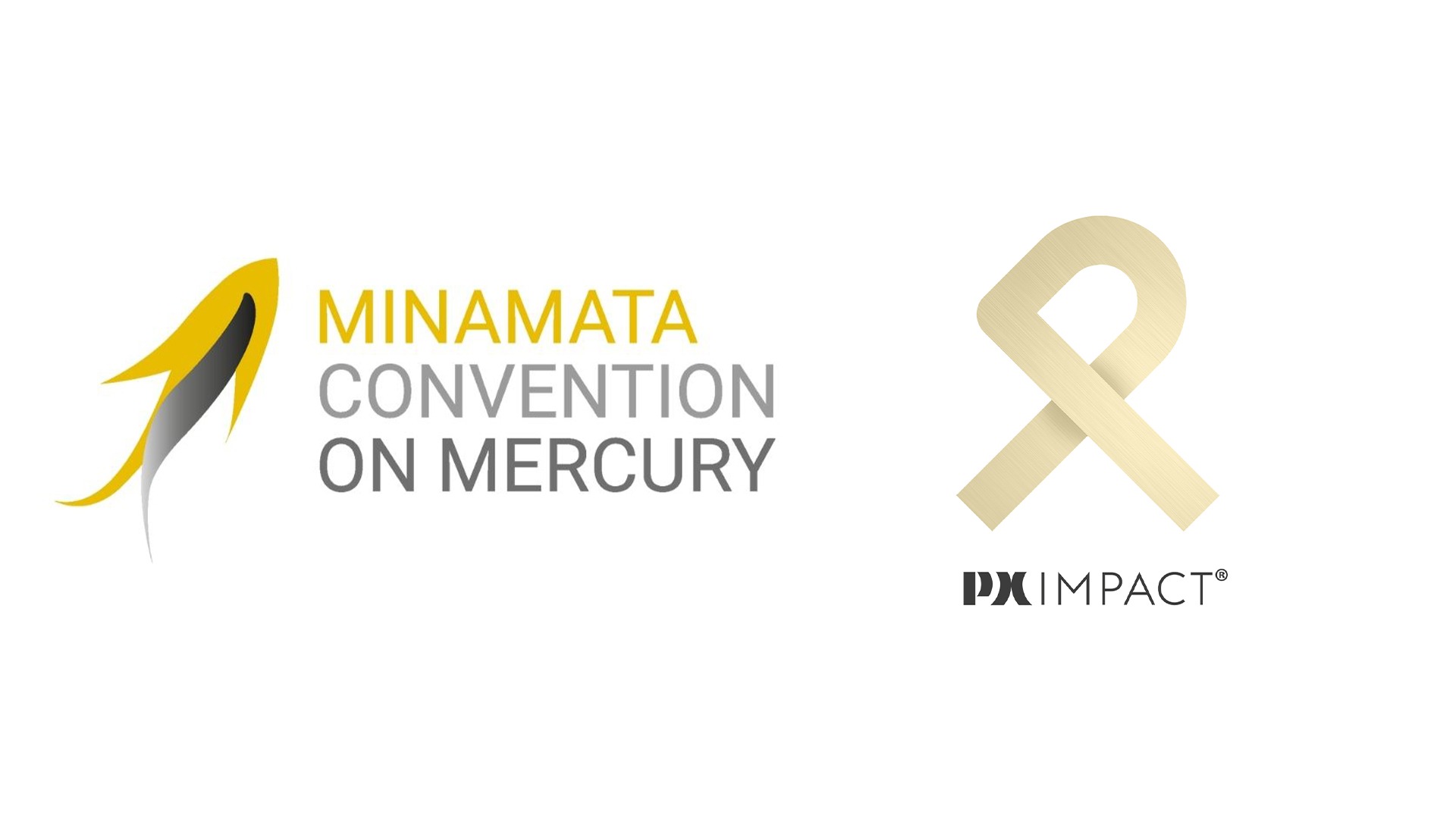The Minamata Convention is an international agreement designed to protect human health and the environment from the harmful effects of mercury. It was named after Minamata, Japan, where industrial pollution caused severe mercury poisoning in the 1950s. The treaty was adopted in 2013 and has been in force since August 2017. The convention describes measures to regulate the production, import and export of mercury, and to reduce its use and release in various products and processes.
Key provisions include regulating the use of mercury in artisanal and small-scale gold mining, promoting alternatives to mercury in products and processes, and encouraging the exchange of information and best practices. By March 2023, 123 countries and the European Union had ratified the Minamata Convention.
The United Nations Industrial Development Organization (UNIDO) estimates that ASGM’s use of mercury is responsible for the release of around 1,000 tonnes of mercury into the environment every year. Thus, reducing the use of mercury in ASGM is crucial to reducing its harmful effects on human health and the environment.

Since 2017, the PX Impact®which involves working directly with a processing plant that treats the ore delivered by the miners, is recognized as a very good alternative for all players wishing to commit to transparent, traceable ASM while generating a significant impact for the local population.
The PX Impact® initiative also aims to align with the objectives of the Minamata Convention to reduce the use of mercury and its impact on the environment and human health. The PX Impact® project makes a major contribution to this effort by encouraging the adoption of alternative methods of gold extraction and helping ASGM operations to measure and manage their impact on the environment and local communities.
Since 2017, PX Précinox has been working with ASGM operations in various countries.
During this period, they processed a total of 18 tonnes of gold, contributing to a reduction in mercury use of around 54 tonnes. This is a significant contribution to reducing mercury pollution and achieving the objectives of the Minamata Convention.
RDV on April 25, between 8:30 and 10:00 am.


